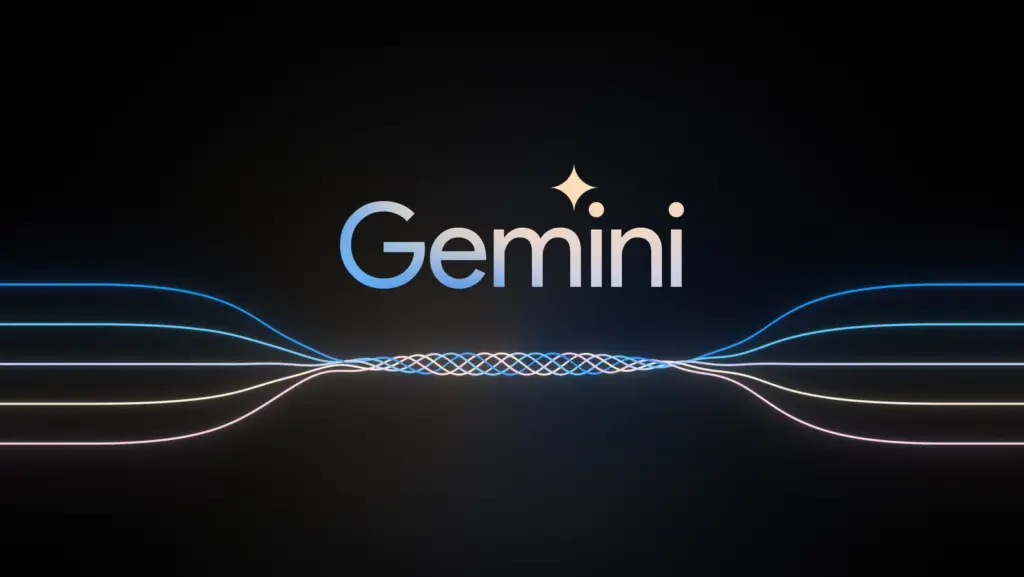
Google has announced the release of its long-awaited Gemini AI system, claiming that it can outperform OpenAI’s latest large language model (LLM), GPT-4. It is already powering the company’s chatbot, Bard.

The tech giant also revealed details of its newest TPU chip for AI workloads and added that an AI ‘hypercomputer’ will be made available on its cloud platform to aid the development and training of AI models.
Having spent much of the past 12 months playing catch-up with Microsoft – thanks to its partnership with OpenAI – when it comes to artificial intelligence, Google will be hoping Gemini can help it gain a larger foothold in the market.
Google’s Gemini comes as triplets
Gemini was first announced at the company’s developer conference earlier this year and had been rumoured to be launching in 2024.
Rather confusingly given its twin-related name, three different versions of the initial model, Gemini 1.0, will be available to developers: Gemini Ultra, for highly complex tasks, Gemini Pro, the company’s “best model for scaling across a wide range of tasks”, and Gemini Nano, a smaller version for on-device AI tasks.
Google claims the multi-modal model outperforms GPT-4 in 30 of the 32 academic benchmarks used to judge LLM performance, and says it is the first model to outperform human experts on massive multitask language understanding, which uses a combination of 57 subjects such as math, physics, history, law, medicine and ethics for testing both world knowledge and problem-solving abilities.
The company re-organised its AI work earlier this year, merging its Google Brain AI research team with Deepmind, the UK AI company it acquired in 2014, to form a single AI unit: Google Deepmind.
CEO Sundar Pichai said: “These are the first models of the Gemini era and the first realization of the vision we had when we formed Google DeepMind earlier this year. This new era of models represents one of the biggest science and engineering efforts we’ve undertaken as a company.”
Though Gemini Pro is now being used to underpin Bard in 170 countries, including the US, the upgrade is not yet available for UK or European users as Google seeks regulatory assurances.
Gemini Pro and Gemini Nano will be available to developers in the coming weeks, but Gemini Ultra is not being released until next year. Google says this is so further fine-tuning and safety checks can be carried out.
TPU v5p and an AI ‘hypercomputer’
In a separate announcement, Google said users of its cloud platform will now be able to run workloads on a new in-house chip design, TPU v5p, which it says is 2.4 times faster than its predecessor, TPU v4, for training AI models. Its public cloud rivals, Amazon’s AWS and Microsoft Azure, have both launched new custom silicon in recent weeks.
Google Cloud is also now running a “hypercomputer”, which it describes as a “groundbreaking supercomputer architecture that employs an integrated system of performance-optimized hardware, open software, leading ML frameworks, and flexible consumption models”. Again, this is designed to make AI training faster and more efficient.
In a blog post, Google engineers Amin Vahdat and Mark Lohmeyer said: “Traditional methods often tackle demanding AI workloads through piecemeal, component-level enhancements, which can lead to inefficiencies and bottlenecks. In contrast, AI Hypercomputer employs systems-level codesign to boost efficiency and productivity across AI training, tuning, and serving.”






